Lake Kariba, Zambia (with Photos)
My wife and I went on a short weekend getaway to Lake Kariba in February 2011. What an amazing not-so-hidden gem. Few people have heard of this body of water that happens to be the world’s largest artificial lake and reservoir. Straddling the Zambian-Zimbabwean border, it was created in 1958 during the construction of the Kariba Dam when it was near completion, and engineers sealed the dam and flooded what had once been a large valley in the Zambezi River Basin.
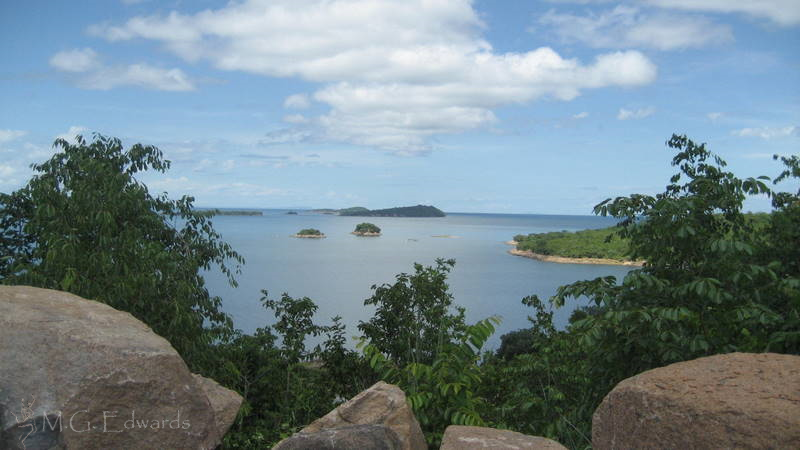
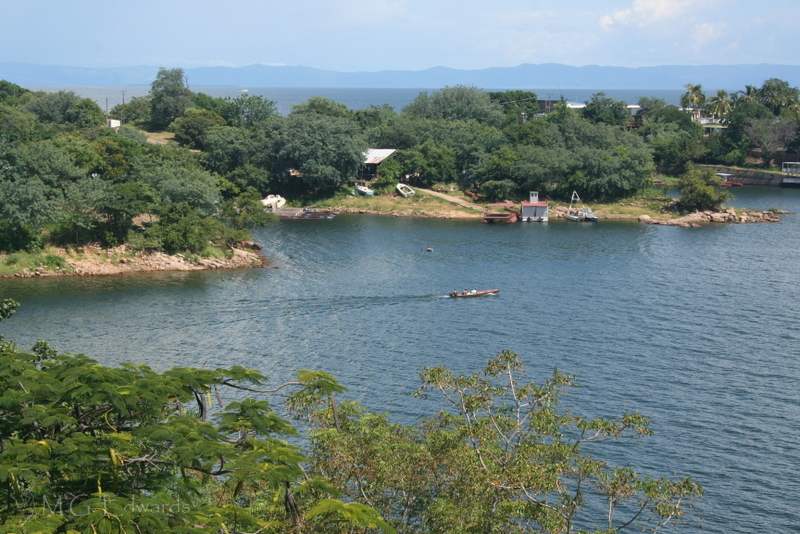
Lake Kariba is overshadowed in Zambia and Zimbabwe by nearby Victoria Falls, arguably the world’s largest waterfalls, as well as by game parks and private reserves scattered throughout the region. I think that Lake Kariba holds its own as a tourist destination, and I recommend a visit to anyone planning a trip to see the falls.
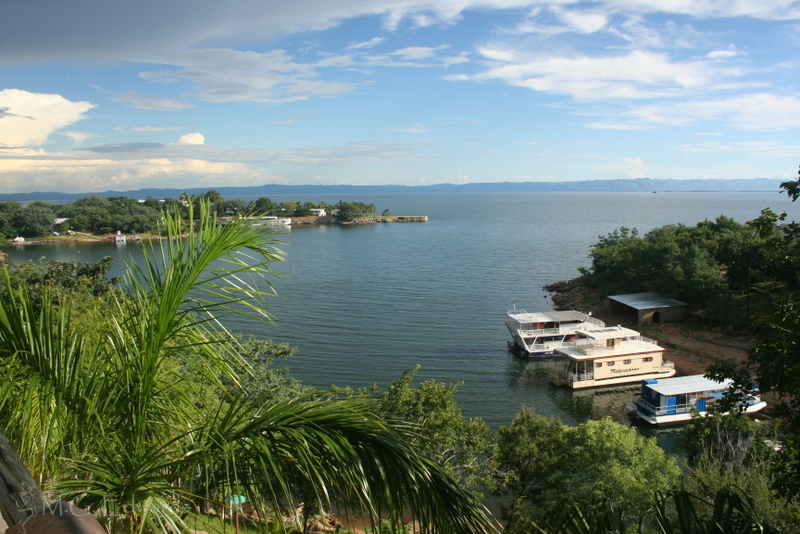
Hippopotamuses, crocodiles, baboons, freshwater fish, and several bird species call the lake home, although they make fewer appearances than one would expect for such a large body of water. The wildlife that attracts gawking tourists is concentrated further east in the game parks of the lower Zambezi River Basin. Nevertheless, the lake does not lack for vegetation and scenic beauty.
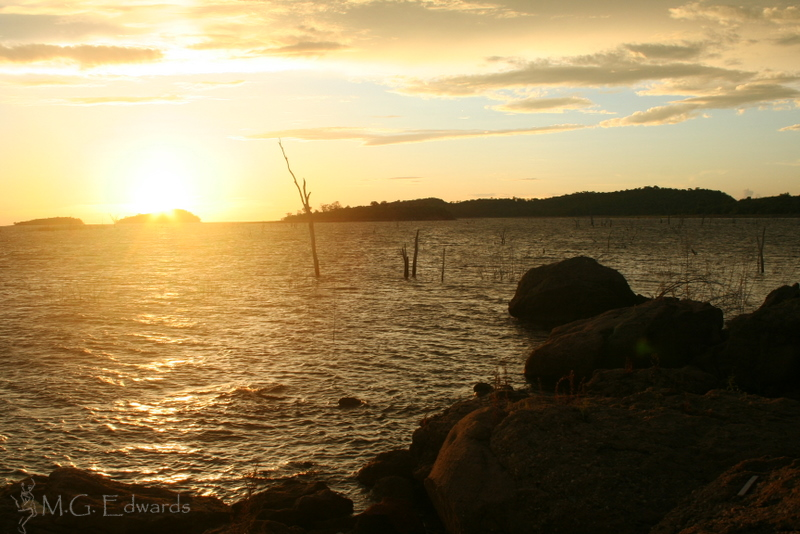
Whenever the lake comes up as a potential travel destination, locals tend to respond “don’t swim in the water!” because it is a breeding ground for bilharzia, or schistosomiasis, a snail-borne parasitic disease, and crocodiles. Avoiding the water notwithstanding, Lake Kariba is well worth a visit, especially if you want to enjoy a quick getaway to a place with scenic views and a relatively safe natural environment. While the area offers few children’s activities, families can still enjoy what it has to offer. Don’t forget to pack some books or games for the kids to alleviate boredom. The weather varies during the rainy season, so it’s important to check the weather conditions before visiting the lake.
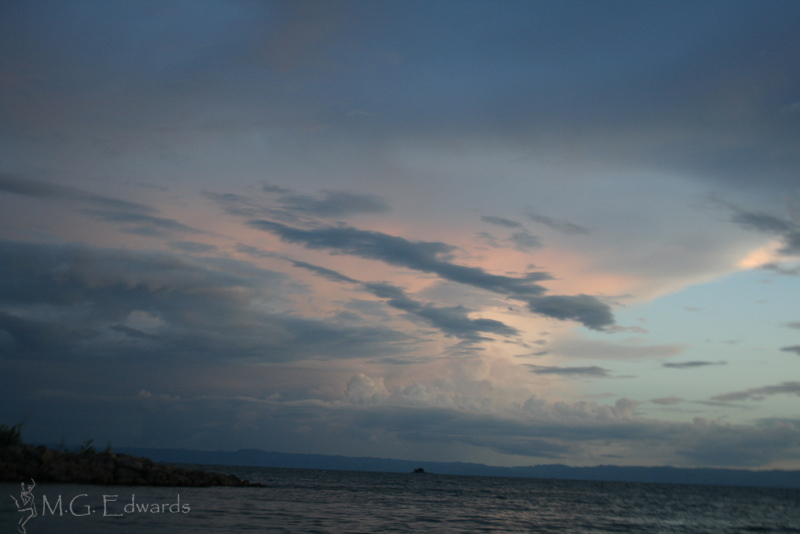
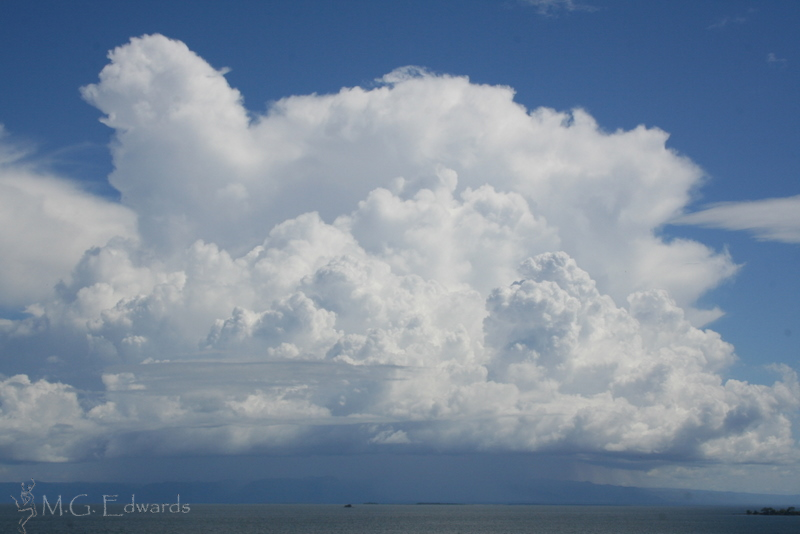
We stayed at the aging Lake Kariba Inns, one of the nicer resorts in the town of Siavonga, Zambia that passed as a three-star hotel. At just over US$100 per night during the offseason in 2011, the price was reasonable compared to some overpriced Zambian safari lodges that charged upwards of $400 per night. The room was clean and comfortable, although like many rural lodges, it was still infested with its fair share of unwanted critters. The ants carried off any food in sight, so we had to keep it sealed. The villas with lakefront verandas had gorgeous views of the lake. I deluded myself into thinking that I was on the Mediterranean when I lounged on the veranda, an illusion that lasted as long as it took for the fishermen plying on crayfish and fish to pass by in their large trawlers.
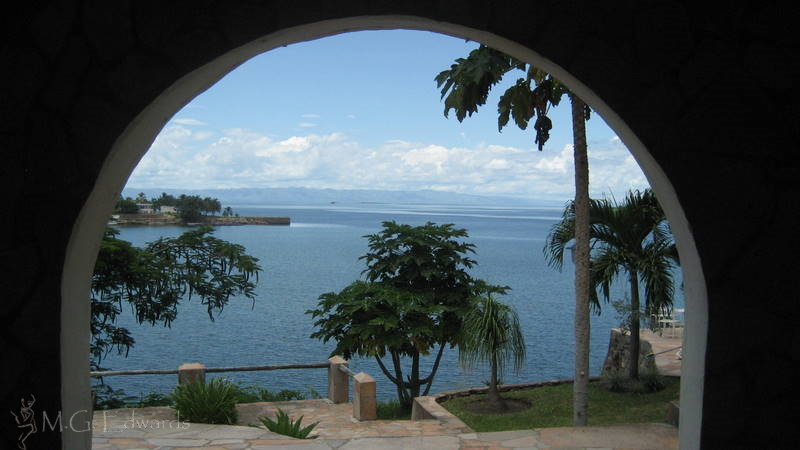
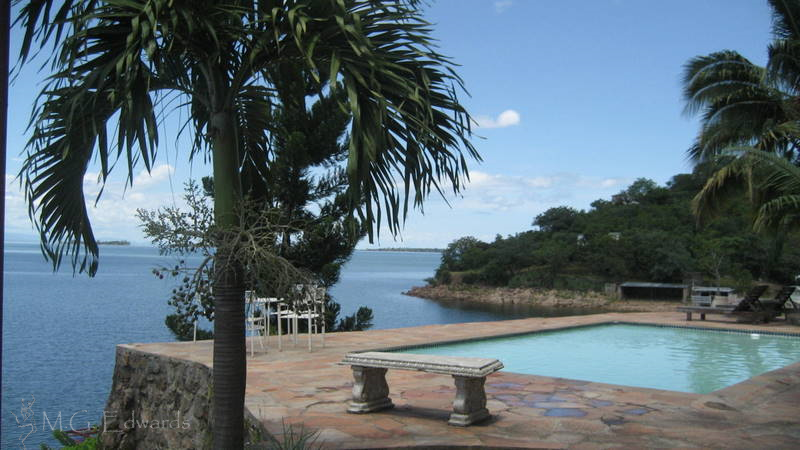
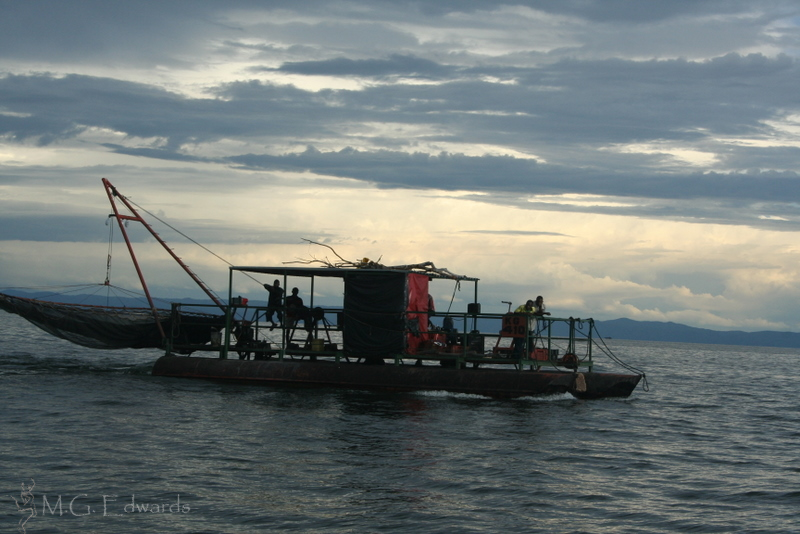
The resort’s amenities included a large gym and a poolside bar with a pool table and Ping-Pong table. The waterfront restaurant served decent food with a decidedly Indian flavor; the curry and yogurt dishes were tasty. We were disappointed that the inn had run out of crayfish, a local specialty. Lake Kariba Inns’ Achilles’ heel was its average customer service. Some staff members were helpful; some were not. Whenever the buffet was served in the restaurant, it was virtually impossible to order room service.
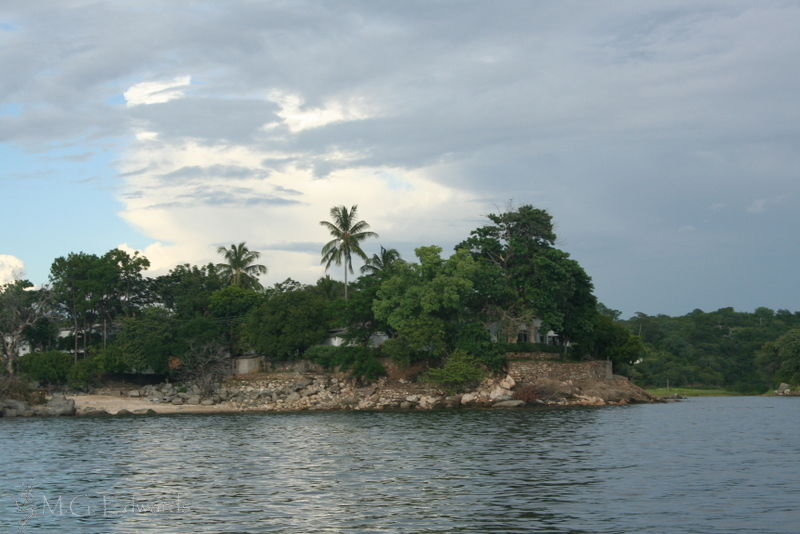

Lake Kariba Inns sits atop one of the promontories overlooking Siavonga with its harbor with boats ready to take guests on an affordable, two-hour lake cruise to the top of the Kariba Dam and lake islands. The lake cruise was well worth the money. It left in the late afternoon not long before sundown. My wife and I basked in the glow of an African sunset from Sampa Karuma Island, a deserted island on the Zimbabwean side of the lake (no visa needed). Although the weather was calm for most of the cruise, the waves kicked up after sunset, and we held on as the boat rocked its way back to shore.
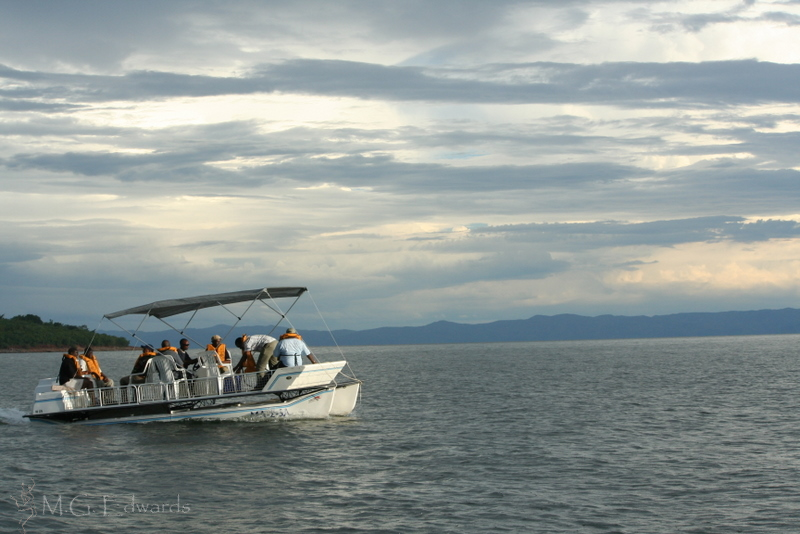
Many lodges are located in and around Siavonga. Lake Safari Lodge, Eagle’s Rest, and Sandy Beach are other popular lodging options. Although we did not visit any of them, we were under the impression that they were comparable to Lake Kariba Inns. For those who want to experience the lake up close and personal, Protea Hotels launched in 2011 the Southern Belle Hotel, a former steamboat converted into a floating resort. The Southern Belle operated in Lake Kariba for years before Protea refurbished it.
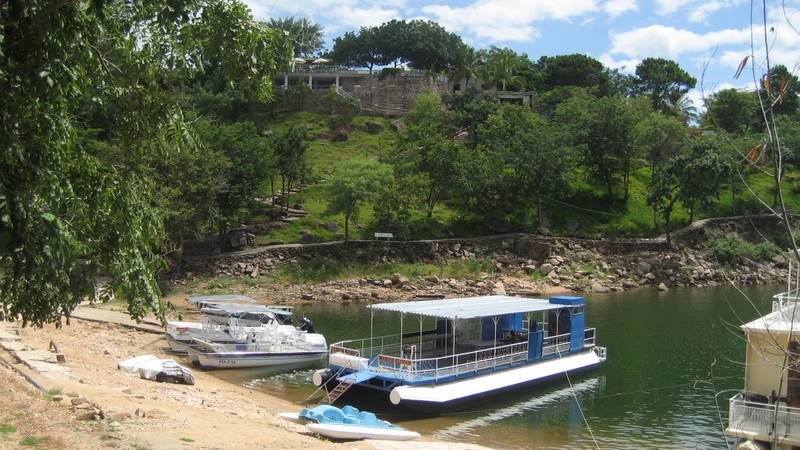
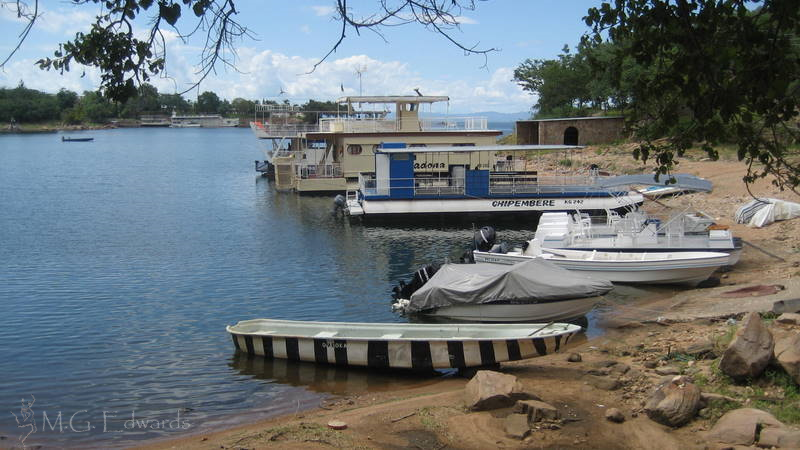
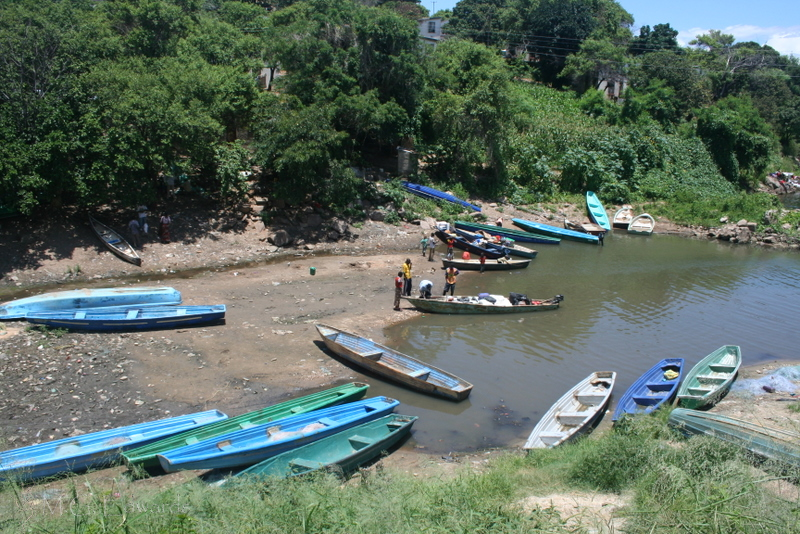
To view or tour Kariba Dam from Siavonga, drive to the Zambia-Zimbabwe border about eight kilometers (five miles) from town, park at the border post, and ask Zambian Immigration for a gate pass. You can walk from there down to the Zambezi River for good views below the dam; the gate pass will permit you to reenter Zambia. You can also see it from the Zimbabwean side. The dam’s spillway opens fully in early February, allowing water that built up from the rainy season to pass down the Zambezi River. While not as spectacular as Victoria Falls, the dam is still worth a look-see. Constructed between 1955 and 1959 by the Italians, it was being expanded by the Chinese when we visited.
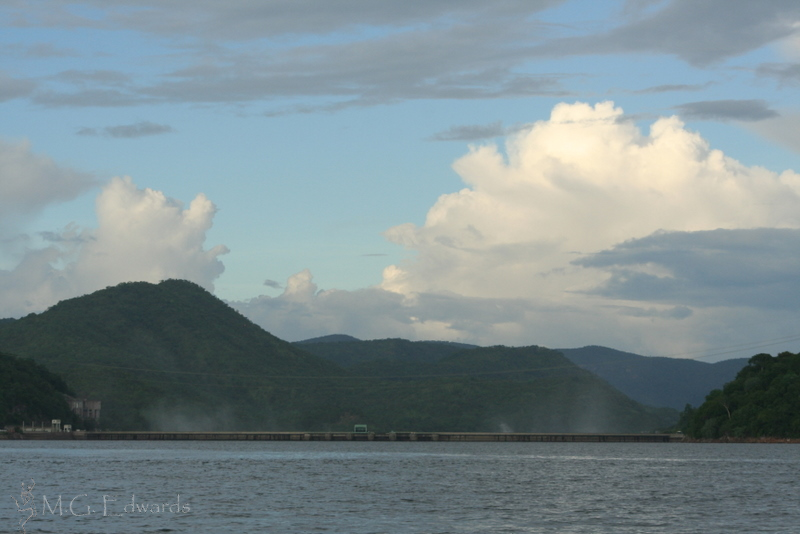
The town of Siavonga on the shores of Lake Kariba is a mixture of homes, hotels and resorts, and a central district with local businesses. Some wealthier Zambians own second (or third) homes on the lake. The hilly terrain around the town is ideal for walks and hikes. Lake Kariba Inns has a beach walkway that follows the lake and a game walk with great views of the lake. The streets of Siavonga are fun to explore on foot. We were told that the area is relatively safe for tourists; however, it’s important to be aware of your surroundings if you choose to tour the town. Leave valuables at the hotel.
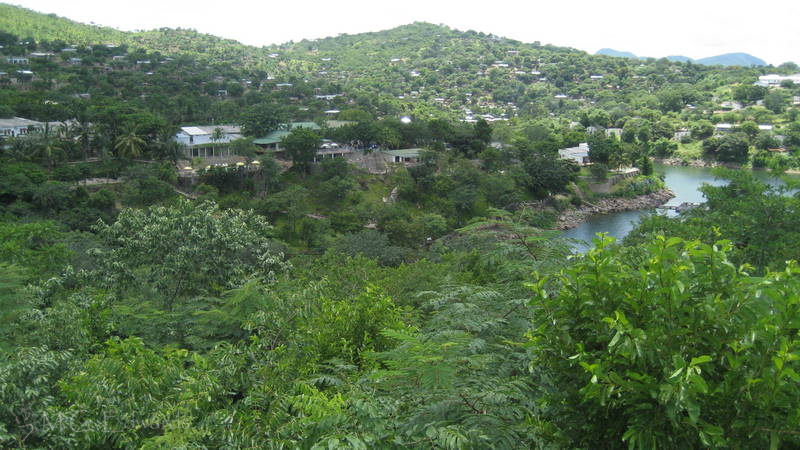
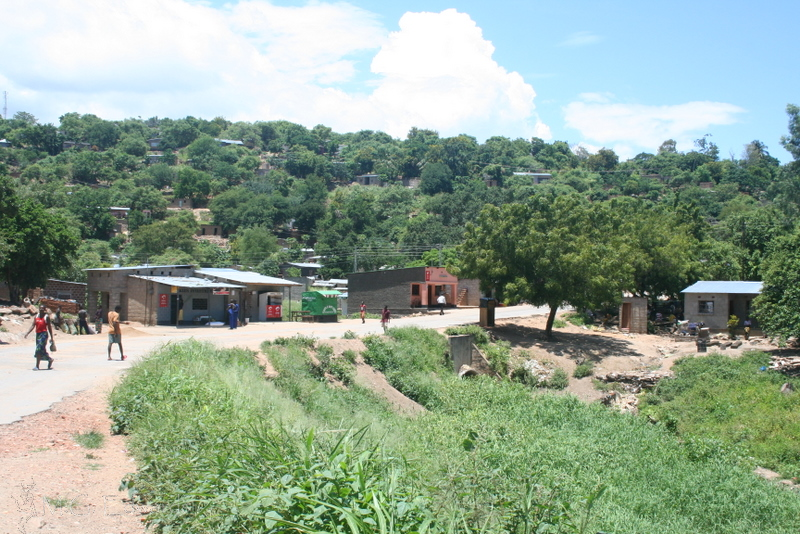
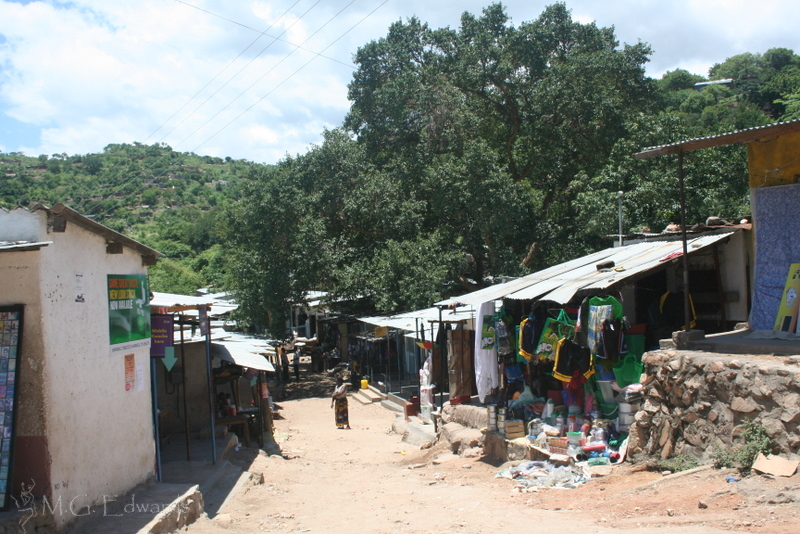
If you want to enjoy the outdoors in Southern Africa but are not in the mood to go on safari, or you are looking for an extra stop on your visit to Zambia or Zimbabwe, see what Lake Kariba has to offer.
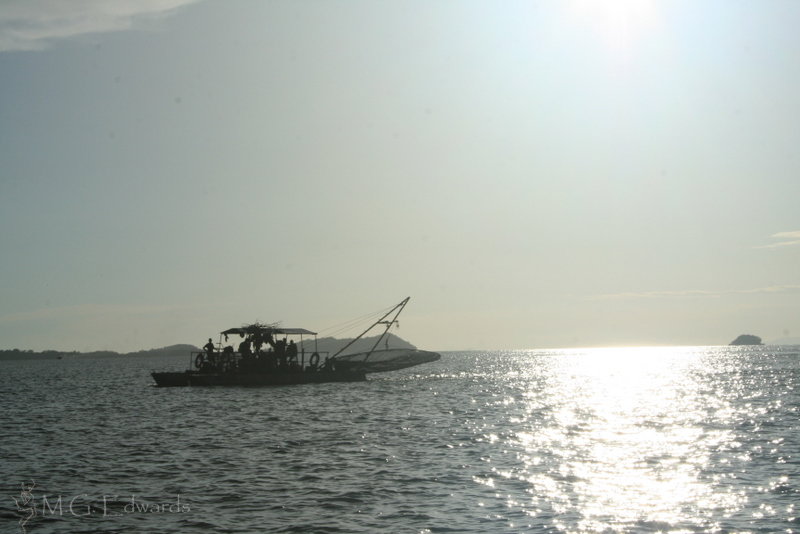
This is an updated version of an article originally posted in February 2011. Click here to read the original article.
More About Zambia
World Adventurers Magazine
 |  |  |
|
 |  |  |  |
 |  |  |  |


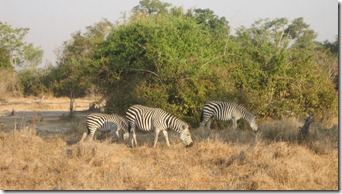
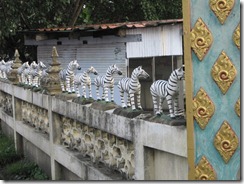
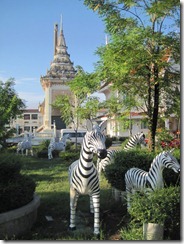
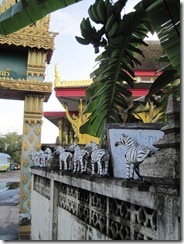
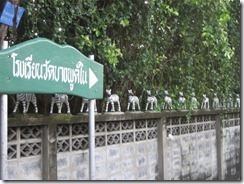
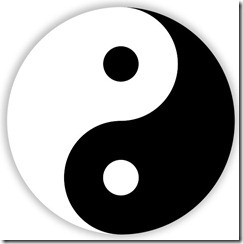
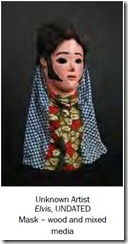
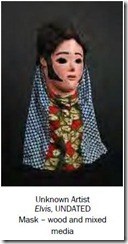 One day not long ago, I first encountered what I thought was a bust of Elvis Presley. His image was unsettling, as if his face had been surgically removed a la the movie “Face/Off.” I soon realized that it was a handmade ceremonial mask of “The King” made in the Chewa tradition. I thought it odd that the Chewa people of central and southern Africa would fashion a mask honoring a 1950s American music icon. What I initially found creepy – to be honest – has now become an intriguing fixture in my life. “Elvis” now pops up in mysterious places at odd times as if possessed by a ghost or repositioned by a trickster. One never knows when Elvis will be sitting in front of a podium ready to deliver a speech or at the water fountain waiting for a drink.
One day not long ago, I first encountered what I thought was a bust of Elvis Presley. His image was unsettling, as if his face had been surgically removed a la the movie “Face/Off.” I soon realized that it was a handmade ceremonial mask of “The King” made in the Chewa tradition. I thought it odd that the Chewa people of central and southern Africa would fashion a mask honoring a 1950s American music icon. What I initially found creepy – to be honest – has now become an intriguing fixture in my life. “Elvis” now pops up in mysterious places at odd times as if possessed by a ghost or repositioned by a trickster. One never knows when Elvis will be sitting in front of a podium ready to deliver a speech or at the water fountain waiting for a drink.